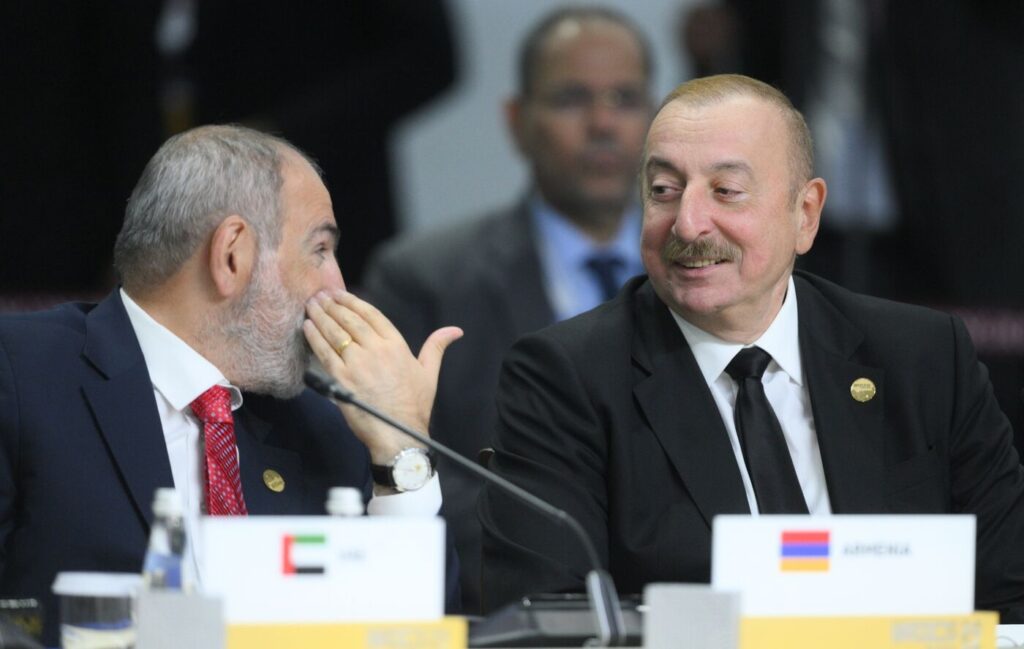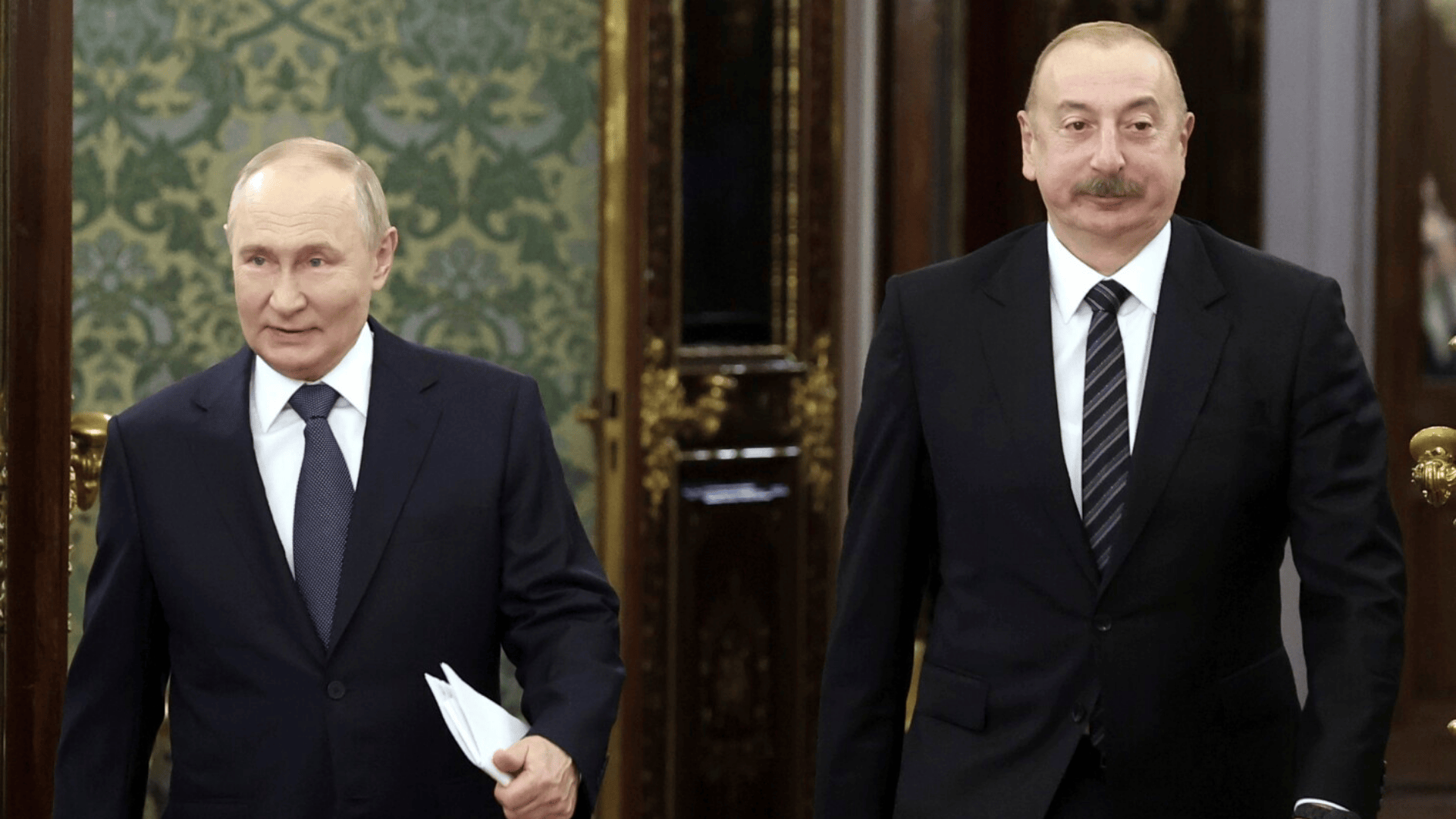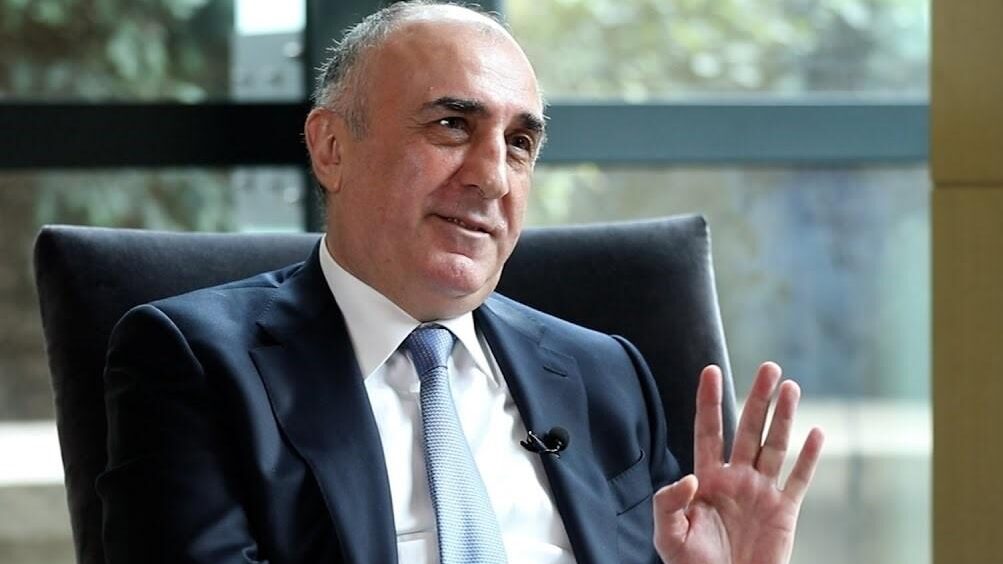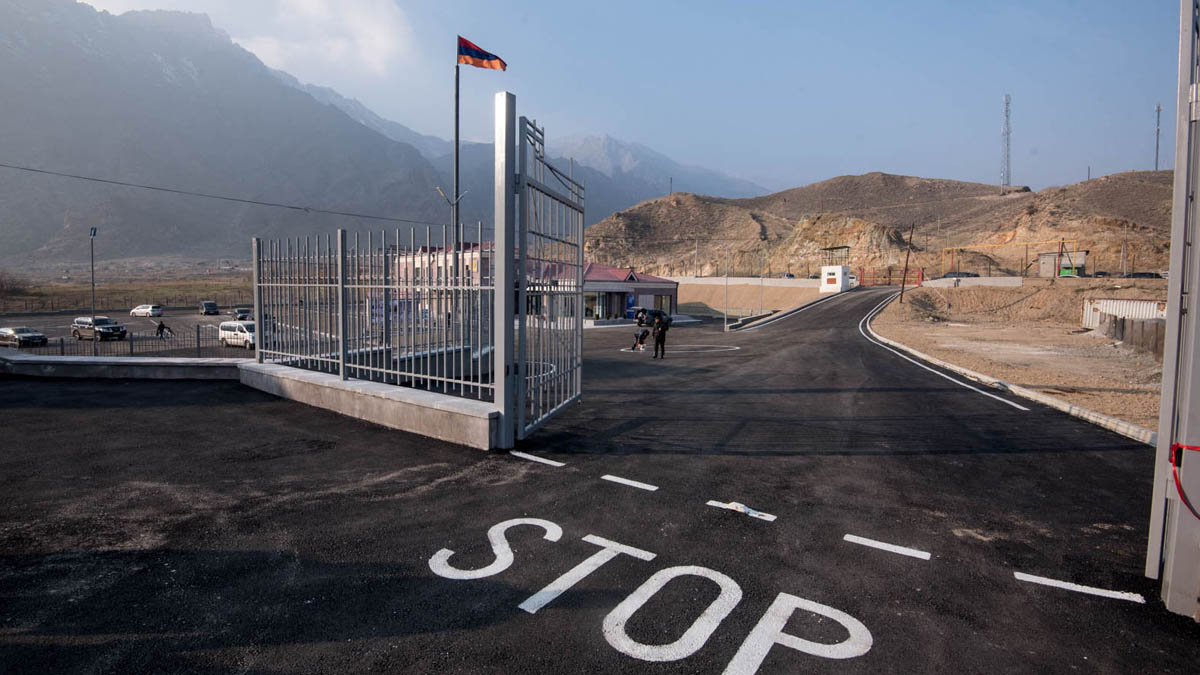Meeting in Abu Dhabi: how close are Azerbaijan and Armenia to peace without Russia's involvement?
Aliyev and Pashinyan meeting in the UAE
Today’s meeting in Abu Dhabi, the capital of the United Arab Emirates, outlined the contours of a new political agenda aimed at ending the decades-long conflict in the South Caucasus.
The first direct bilateral meeting without intermediaries between Azerbaijani President Ilham Aliyev and Armenian Prime Minister Nikol Pashinyan is shaping a new regional balance amid the decline of Russia’s influence.
The political context of the meeting: was it a summit, or a genuine effort to reach an agreement?

In previous years, peace talks were often held with the mediation of powerful actors such as the European Union, Russia, or the United States. In this context, what makes the Abu Dhabi meeting notable is that,
for the first time, the two leaders are negotiating face to face, without official intermediaries.
Political historian Jirair Libaridian calls this “an attempt to establish contact without interference”:
“The chaos in the region has lasted for a very long time. This meeting is important as a first step toward reducing uncertainty.”
What’s on the agenda? Zangezur, the Crossroads of Peace, and international cargo control
Key issues discussed at the meeting included:
● Zangezur corridor: Azerbaijan demands unrestricted land access to its Nakhchivan autonomy through Armenian territory.
● Armenia’s alternative proposal — the Crossroads of Peace route: an international logistics link between the Black Sea, the Caspian Sea, and the Persian Gulf.
● Cargo control by international – not Russian – security companies.
● The role of American and European companies in these transport corridors.
Political analyst Zaur Shiriyev notes: “Azerbaijan no longer relies on Russian mediation – this opens real opportunities for progress.”
Armenian political analyst Tigran Grigoryan believes that Russia is losing its role in the corridor, creating space for compromise on Pashinyan’s part.
Regional expert Olesya Vartanyan adds: “Armenia is already proposing to involve international inspection companies, which aligns with the position of the US and Europe.”
Elkhan Shahinoglu: “Abu Dhabi has its own interests”
Political commentator Elkhan Shahinoglu explains the UAE’s interest in this process from an economic perspective:
“The UAE is the largest investor in Armenia and holds multi-billion-dollar projects in Azerbaijan. Peace in the region is a guarantee for the security of these investments.”
According to him, this move reflects the UAE’s ambition to become a regional peacemaker, similar to Qatar or Oman.
“Pashinyan on three fronts: domestic pressure and the Kremlin factor”
“It is also important that Pashinyan now faces pressure on three fronts: in Armenia, he is opposed by the radical opposition, the church, and oligarchic circles – all backed by the Kremlin. Despite a recent wave of arrests in response to this pressure, the situation remains uncertain,” says Elkhan Shahinoglu.
The recent reports about Russia increasing its presence at its military base in Gyumri, Armenia, only deepen these concerns, the expert believes. As a result, in his view,
“By pressuring Pashinyan while damaging relations with Baku, the Kremlin has made a peace agreement even more urgent.”
Peace agreement: why hasn’t it been signed yet?
The draft peace agreement, agreed upon in March, includes conditions proposed by Ilham Aliyev:
- Removal of references to Karabakh from the Armenian Constitution;
- The dissolution of the OSCE Minsk Group, which has facilitated the negotiation process on the Karabakh conflict since the early 1990s;
- Withdrawal of European Union observers from the Armenian-Azerbaijani border.
Nikol Pashinyan stated that he agrees with almost all of these conditions but noted that changing the Constitution takes a long time.
Armenian historian Jirair Libaridian believes this issue could be resolved through clarifications by the Constitutional Court.
Washington and Ankara – new players?
U.S. Senator Marco Rubio stated that the signing of a peace agreement could take place soon.
The BBC reports that Armenian diplomats presented the peace process between Armenia and Azerbaijan to the Trump administration as a “possible peace-making success.” This increased Washington’s – specifically, conservative circles in the U.S. – interest in the issue and drew additional attention to the process.
On the other hand, Pashinyan’s visit to Istanbul in June also shows Ankara’s interest in the settlement.
Analyst Shujaat Ahmedzade notes that Ankara views this peace agreement as the beginning of a new geopolitical era in the South Caucasus.
Where is the process heading?
Held for the first time without intermediaries, this meeting between the two leaders itself signifies overcoming a psychological barrier.
Although the peace agreement has not yet been signed, the format of direct negotiations is already a step forward. Against the backdrop of Russia’s weakening influence in the region, players such as the West, the UAE, and Ankara are gaining opportunities to take more flexible initiatives.
Nevertheless, the concrete outcome still depends on the following factors:
- Political stability within Armenia;
- Azerbaijan’s willingness to reconsider its terms;
- Coordination between the West, Turkey, and the UAE.
“Unpredictability can be creative, but in our region, chaos has never brought anything good,” emphasizes historian Jirair Libaridian.
News in Azerbaijan
News in Armenia























